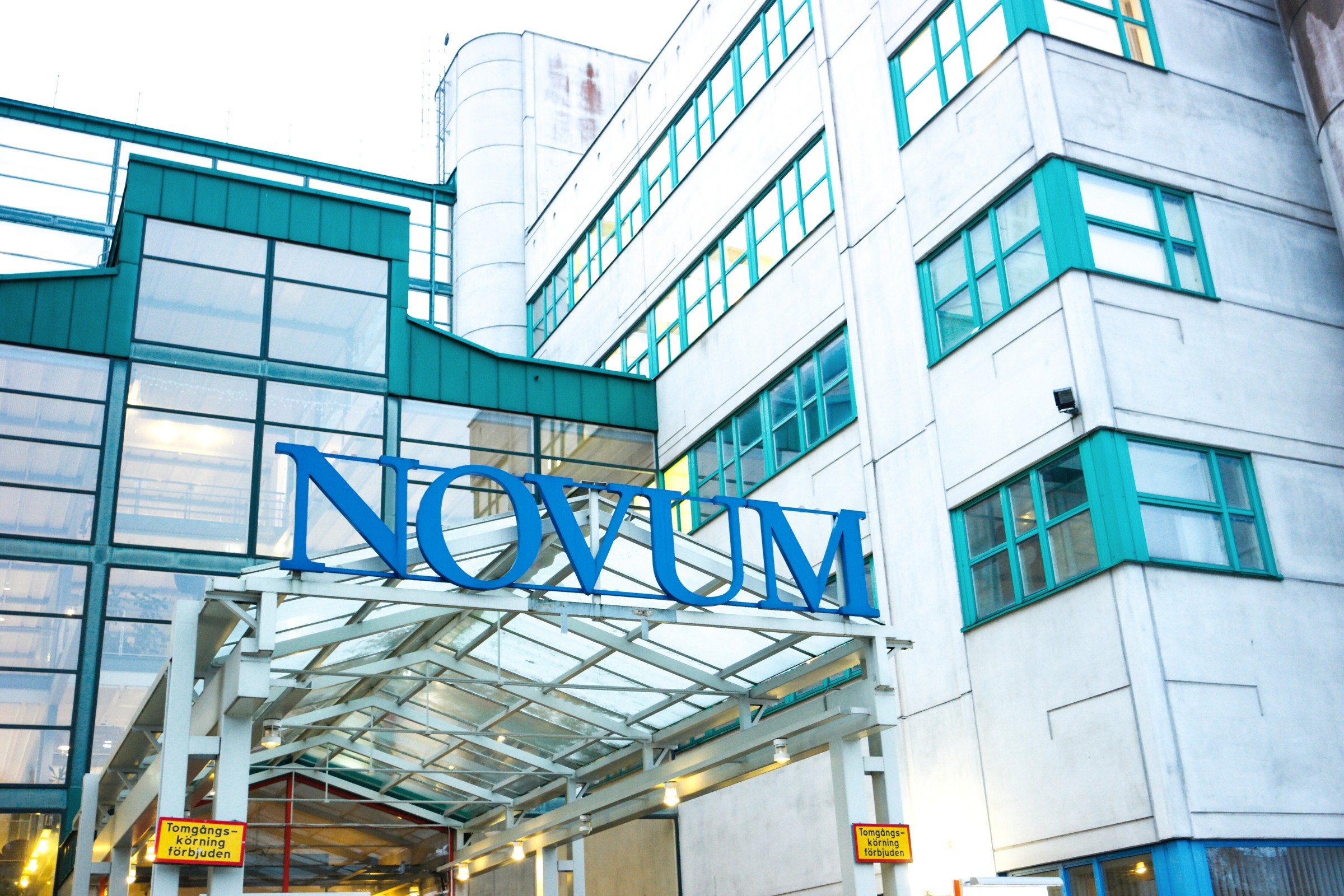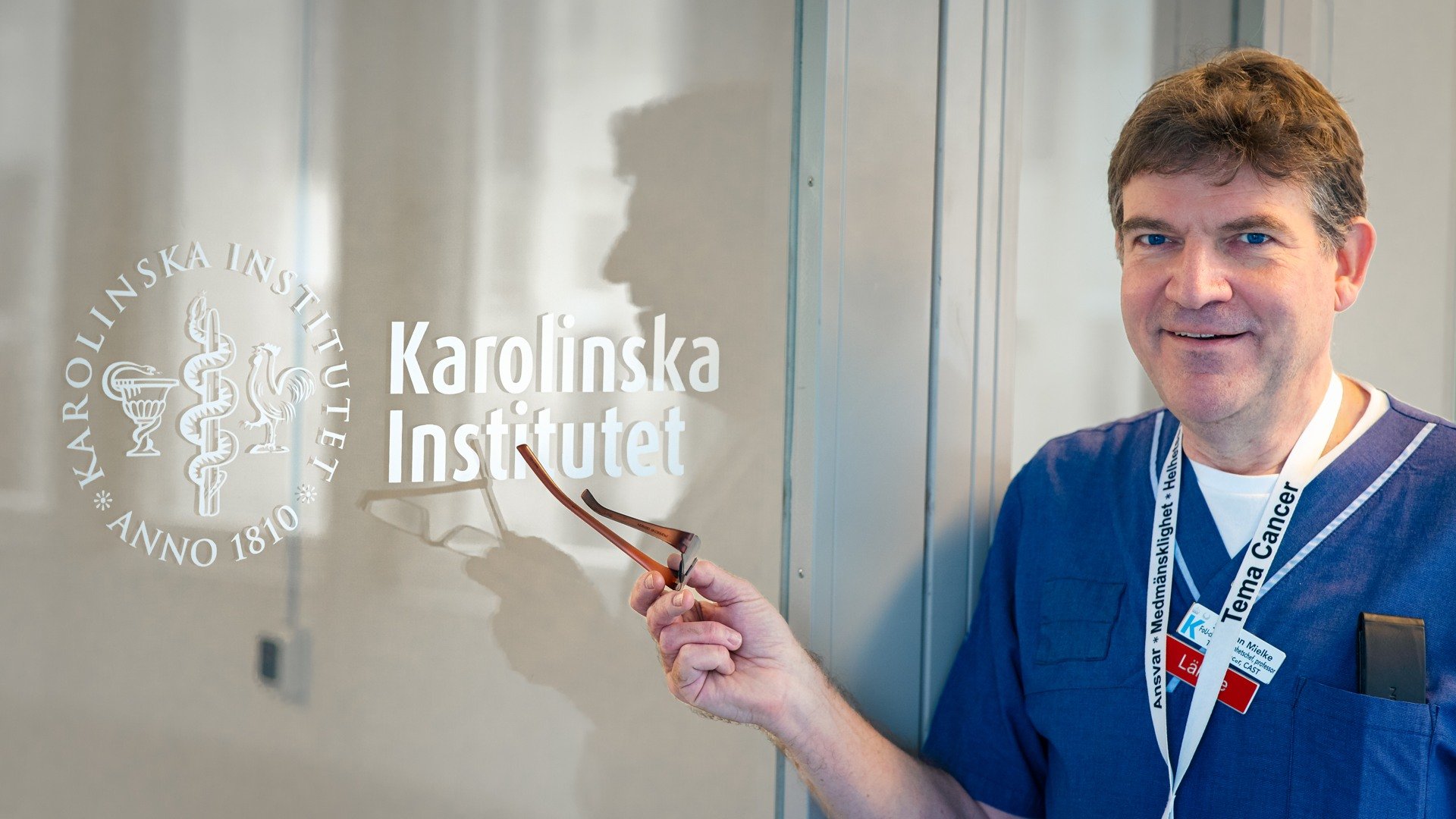Karolinska University Hospital marks five decades of world-leading advances in allogeneic stem cell transplantation

The first allogeneic bone marrow transplantation in Sweden, carried out in 1975, marked the beginning of a development journey that today places Karolinska University Hospital and ME CAST (Cell Therapy and Allogeneic Stem Cell Transplantation) among the world’s leading centers for allogeneic stem cell transplantation and advanced cell and gene therapies. Allogeneic stem cell transplantation, where a patient’s immune system is replaced with cells from a donor, is used to treat conditions such as leukemia and severe blood disorders. For five decades, the unit has played a defining role in clinical care, research, and nursing.
“We are where we are today because of strong teamwork. The close collaboration between Karolinska University Hospital and Karolinska Institutet, combined with our staff’s willingness to continually take the next step, has been crucial. That culture has driven progress for five decades,” says Stephan Mielke, Head of CAST and Professor of Hematology and Cell Therapy at Karolinska Institutet.

Breakthroughs in CAR-T and advanced cell and gene therapy
Among the most significant advances in recent years are CAR-T therapies, in which a patient’s own T cells are reprogrammed to attack tumor cells. CAST treated Sweden’s first patients with CAR-T in routine clinical care and participated in several groundbreaking studies involving new CAR-T cell products.
Today, CAST is a key player in both national and international collaborations within advanced cell and gene therapy.
“CAST demonstrates what is possible when research, clinical practice, and highly specialized care work together. The breakthroughs of the past 50 years have transformed the lives of thousands of patients, and the unit continues to be a driver of innovation both nationally and internationally,” says Christophe Pedroletti, CEO of Karolinska University Hospital.
Facts about CAST
CAST (Cell Therapy and Allogeneic Stem Cell Transplantation) is Karolinska University Hospital’s specialized unit for advanced cell and gene therapy. Its activities include:
- Allogeneic stem cell transplantation (Sweden’s only dedicated unit)
- CAR-T therapy and other immunotherapies
- Gene therapies and ATMP production
- Regenerative medicine and stem cell-based treatments